What’s the ozone hole got to do with warming?
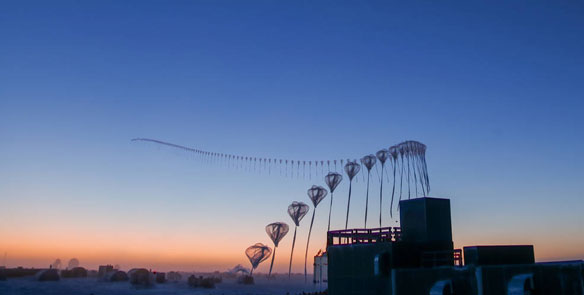
Based on new data crunched in climate model, researchers argue that CFCs are likely what’s caused the Arctic to warm even faster than the rest of the planet under the influence of climate change. CFCs are, after all, potent greenhouse gases.
Antarctica logs highest temperature on record of 18.3C
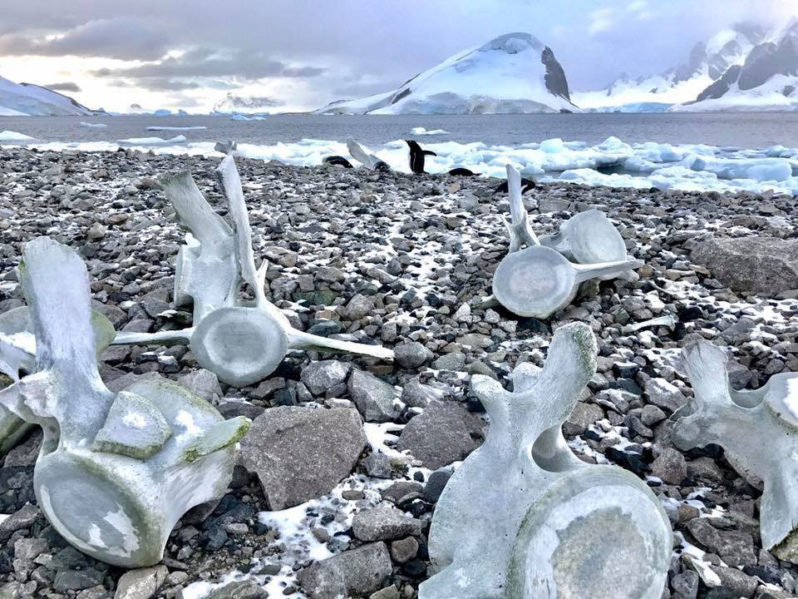
A record high temperature of 18.3C (64.9F) has been logged on the continent of Antarctica. The temperature was recorded in the Antarctic Peninsula, on the continent’s north-west tip – one of the fastest-warming regions on earth.
Why clouds are the key to new troubling projections on warming
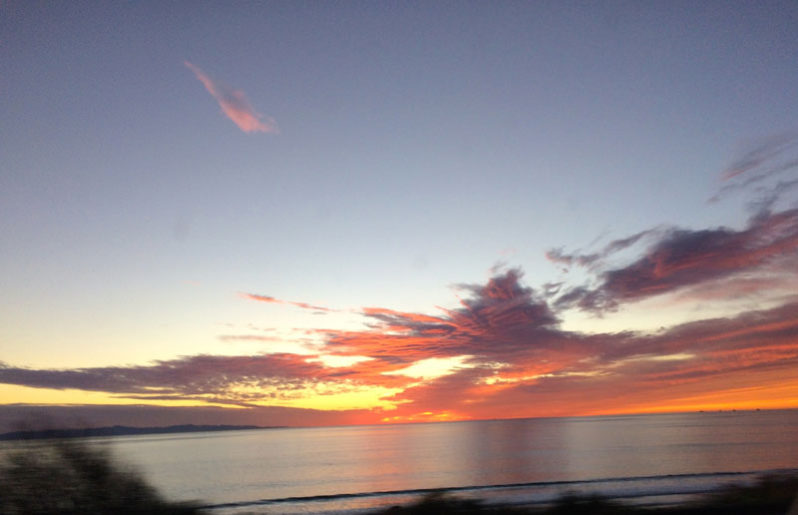
Recent climate models project that a doubling of atmospheric CO2 above pre-industrial levels could cause temperatures to soar far above previous estimates. A warming earth, researchers now say, will lead to a loss of clouds, allowing more solar energy to strike the planet.
In the Afro-Caribbean heart of Puerto Rico, locals fight erosion
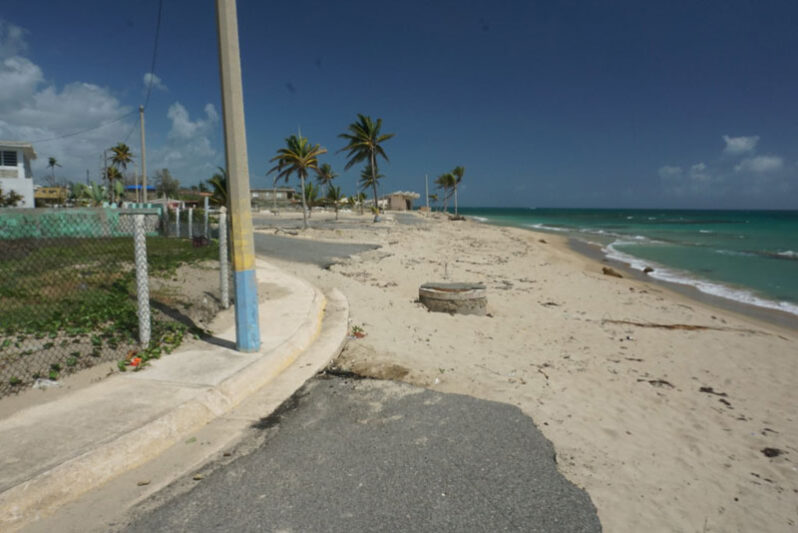
The waves crashed loudly on the collapsed ruins of the Paseo del Atlántico, a walkway that once partially protected residents here from the volatile ocean. Erosion along this northernmost coast of Puerto Rico, nearly 20 miles east of San Juan, precipitated the promenade’s destruction, it finally fell into the Atlantic, exposing the Parcelas Suárez neighborhood to the water’s edge.
Sea level rise accelerating along US coastline, scientists warn
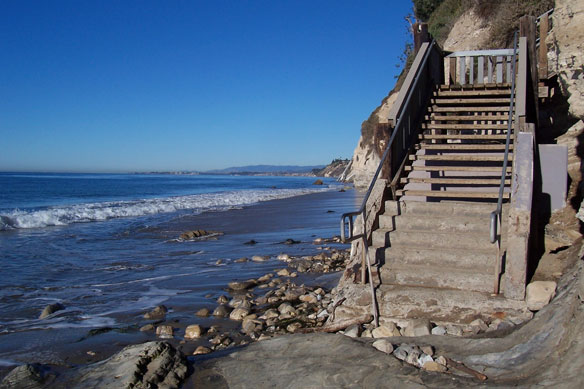
The pace of sea level rise accelerated at nearly all measurement stations along the US coastline in 2019, with scientists warning some of the bleakest scenarios for inundation and flooding are steadily becoming more like.
Scientists listen to whales, walruses and seals in a changing Arctic seascape
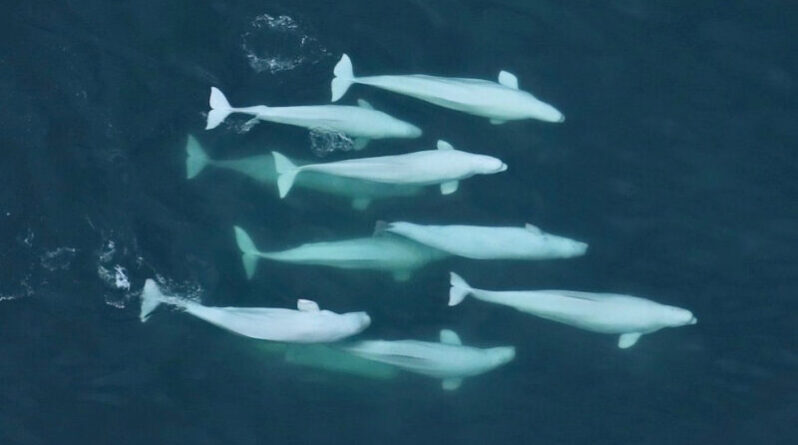
A year-round acoustic study of marine mammals in the northern Bering Sea is providing scientists with a valuable snapshot of an Arctic world already under drastic pressure from climate change.
Marine Heat Wave Linked to Sharp Increase in Whale Entanglements
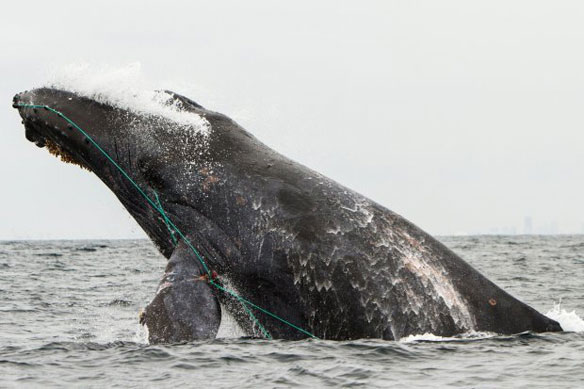
An ocean heat wave off the U.S. West Coast from 2014 to 2016 drove humpback whales into a narrow band of cooler water, leading to a dramatic increase in whale entanglements with crab-fishing gear, according to a new study.
Scientists alarmed to discover warm water at “vital point” beneath Antarctica’s “doomsday glacier”
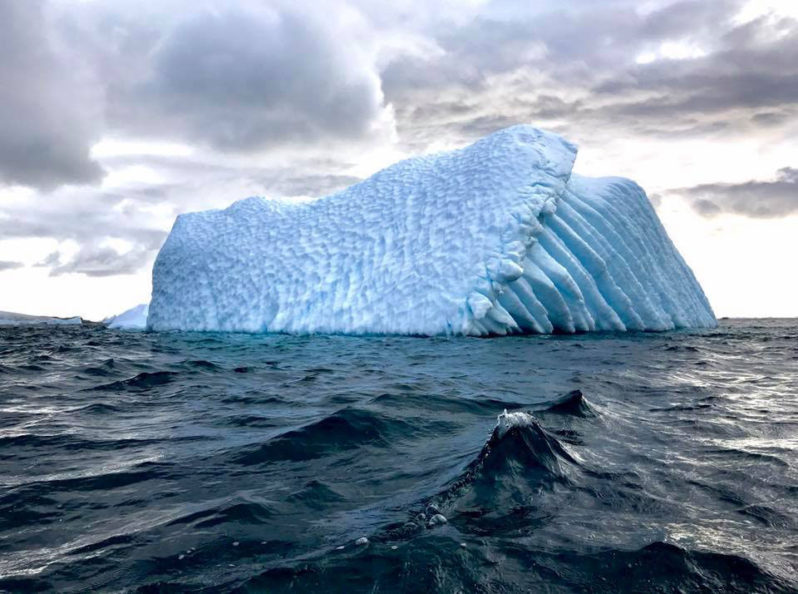
Scientists have found for the first time, warm water beneath Antarctica’s “doomsday glacier,” a nickname used because it is one of Antarctica’s fastest melting glaciers.
Sea level rise to cause major economic impact in the absence of further climate action

Sea level rise is one of the most severe impacts of climate change, with rising waters amplifying coastal floods, threatening coastal communities, infrastructure, and agriculture. The period 2010-2020 was the planet’s hottest decade on record and the long-term trend is upward.
